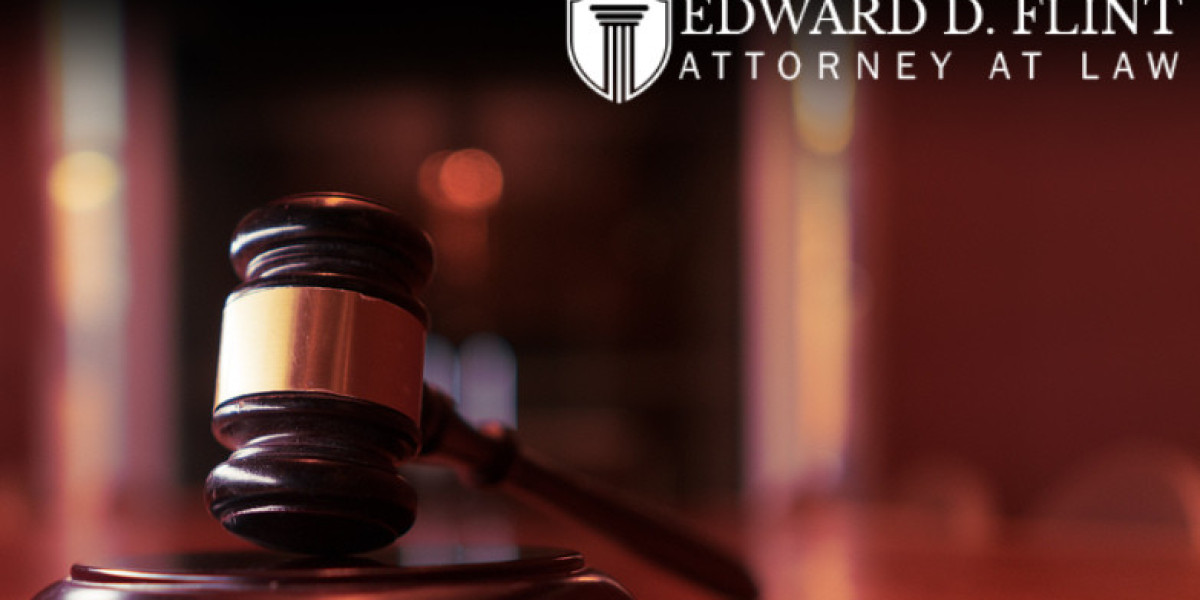The Overlap Between Personal Injury Cases and Felonies:
Most people think of personal injury attorneys as legal professionals who handle car accidents or slip-and-fall cases. While that’s true, there are instances where a personal injury case intersects with criminal charges—particularly felonies. In these situations, understanding your legal rights and working with the right type of attorney can make all the difference in the outcome of your case.
Understanding Felonies and Their Civil Impact
A felony is a serious criminal offense that typically carries penalties of more than one year in prison. Examples include:
Assault with a deadly weapon
Aggravated battery
Vehicular manslaughter
Sexual assault
Armed robbery
While these crimes are prosecuted by the state in criminal court, they often have a civil component as well—especially when a victim suffers physical, emotional, or financial harm. That’s where a personal injury attorney comes in.
When Personal Injury and Felony Charges Overlap
Victims of felonies may have the right to seek compensation through a civil lawsuit, separate from the criminal trial. For example:
If you were injured in a violent assault, you may be entitled to damages for medical bills, pain and suffering, and lost wages.
If a drunk driver caused a crash resulting in serious injury or death, a personal injury claim may be filed in addition to DUI felony charges.
In cases of sexual assault, victims can pursue civil compensation for emotional trauma, even if the assailant is also facing criminal prosecution.
In all of these scenarios, a personal injury attorney plays a crucial role in helping victims obtain the justice and financial compensation they deserve.
The Role of a Personal Injury Attorney in Felony-Related Cases
While criminal prosecutors focus on punishing the offender, a personal injury attorney focuses on the victim’s right to compensation. These attorneys will:
Gather evidence to prove liability
Work alongside law enforcement and prosecutors when necessary
Calculate the full extent of damages, including future medical costs and emotional distress
Negotiate settlements or pursue litigation in civil court
Help clients navigate the legal process with compassion and expertise
Even if the defendant is not convicted in criminal court, you may still win a civil lawsuit, as the burden of proof is lower in civil cases.
Why It’s Important to Act Quickly
If you’ve been the victim of a felony that caused you harm, it's critical to consult a personal injury attorney as soon as possible. There are time limits—known as statutes of limitations—that can prevent you from filing a claim if too much time passes. Moreover, early legal intervention can help preserve evidence and strengthen your case.
Conclusion
While felonies are typically handled in criminal court, many victims also have the right to pursue civil action for the damages they've suffered. A qualified personal injury attorney can help you navigate this complex intersection of criminal and civil law. If you or a loved one has been injured as a result of someone else’s criminal actions, don’t wait—seek experienced legal counsel to protect your rights and pursue the compensation you deserve.






